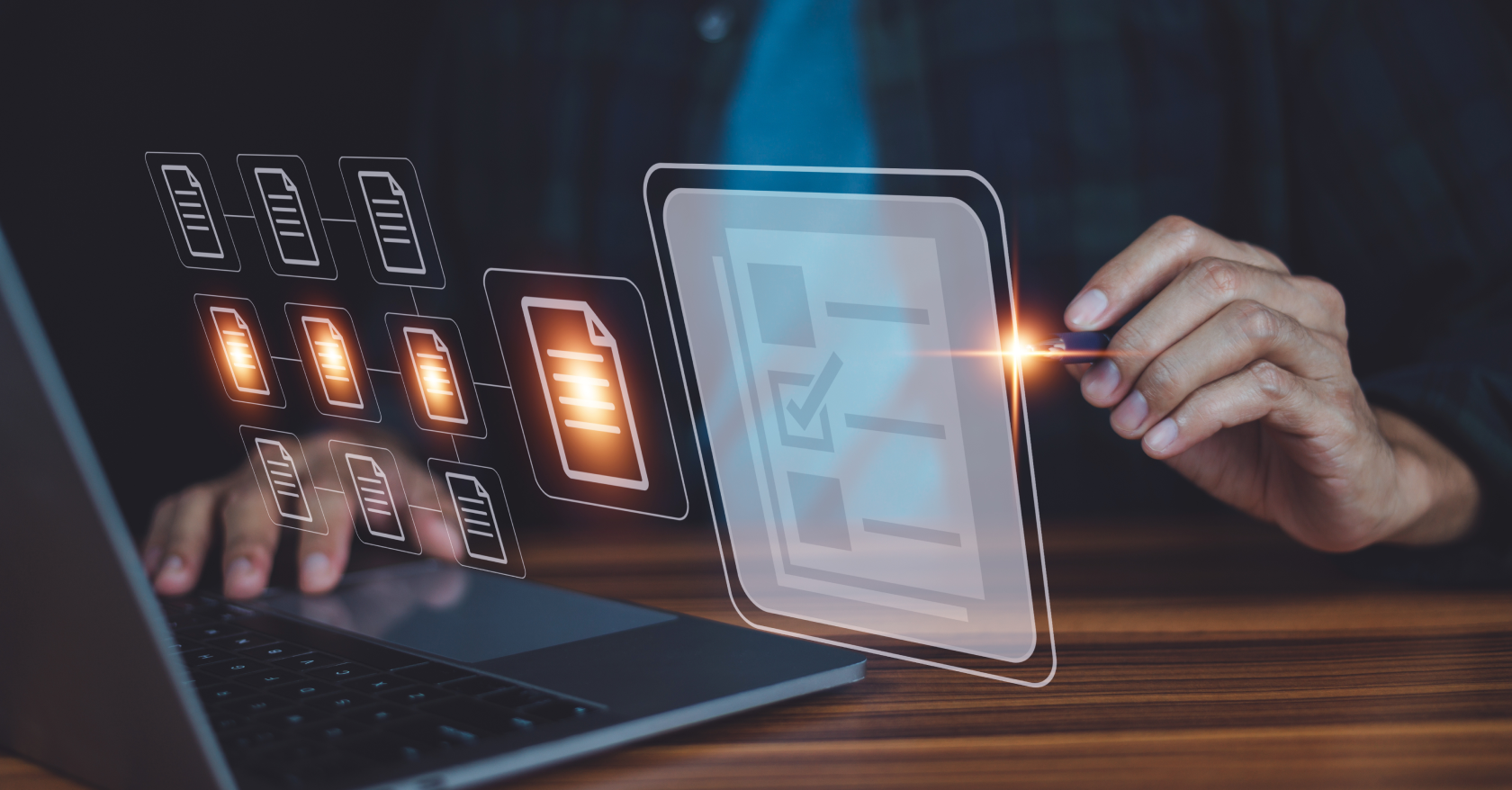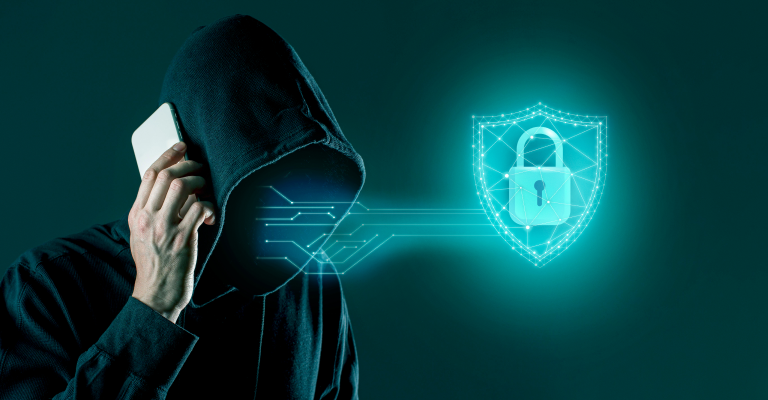Now that we all have internet access, our identities are scattered across many online services. We have to create and manage multiple accounts, each with a username, password, and personal information.
This traditional method of managing our identities has led to many problems, i.e., data breaches, privacy concerns, and difficulty controlling our personal data.
Decentralized identity is a new way of managing identities. It completely changes how we manage our digital identities.
The global decentralized identity market is forecasted to reach $102.0 billion by 2030. You can incorporate the future of identity in your organization with EveryCRED. But you need to understand what it is and how it solves traditional problems of centralized identity, so keep on reading…
What is Digital Identity and What’s Wrong with It?
Basically, digital identity is how we represent ourselves over the internet. This comprises personal information like your name, email address, social security number, or any piece of information that identifies you and helps you log into several digital services.
Traditional systems of digital identity rely on central authorities such as governments or companies to manage and store users’ data and facilitate authentication.
Problems with Traditional Digital Identity
However, this centralized approach has several problems:
- Data Breaches: Central databases are favorite targets for hackers because they can get data of millions of people at a single place.
- Lack of Privacy: People do not possess much control over what central authorities collect and use. This can lead to unauthorized data sharing and misuse.
- Separate Identities: Users have to create and manage separate identities for each online service they use, which leads to a messy and inconvenient user experience.
- Exclusion: Centralized identity systems can exclude certain groups who may not have access to traditional forms of identification or face discrimination.
What is Decentralized Identity and How Does it Help?
Centralized identity is the new approach wherein every individual can take charge of his or her digital identity without relying on central authorities. It applies Distributed Ledger Technology (DLT)—such as blockchain—to create an unalterable and secure identity system.
In a decentralized identity system, users create and manage digital identities using self-sovereign identity (SSI). SSI allows persons to generate unique decentralized identifiers and store their data in a digital wallet. They would then share this information with service providers as needed, remaining in full control over their data.
Check: Give your credentials a unique identity with SSI to protect and avoid fraudulent
How Decentralized Identity Solves Problems
Decentralized identity solves the problems associated with centralized systems in the following ways:
It Is More Secure
Decentralized identity removes the need for central databases, reducing the risk of large-scale data breaches. Users’ personal data is stored in their own digital wallets, protected by strong encryption and private keys.
It Offers Privacy
With a decentralized identity, users have fine-grained control over their personal data. They can choose which information to share with each service provider, ensuring that only necessary data is disclosed.
It Can Be Interoperated
Decentralized identity enables the creation of a unified identity system where users can easily access multiple services using a single set of credentials. This eliminates the need for multiple accounts and passwords.
It Can Be Used in Financial Services
Decentralized identity can provide people who lack traditional forms of identification access to financial services. With blockchain technology, decentralized identity can create trust and enable secure transactions without relying on central intermediaries.
Benefits of Decentralized Identity
The decentralized identity has some key advantages over traditional centralized systems in the following ways:
Users Have Full Control
Users have complete ownership and full control over their personal data, giving them the right to permit the sharing of their information with whom and for how long.
It Offers More Security
Decentralized identity reduces the risk of data breaches and identity theft by eliminating central points of failure.
Privacy Is Fundamental
Users can maintain their privacy by selectively disclosing only the necessary information for each transaction or interaction.
Interoperability
Decentralized identity enables frictionless integration on platforms and across services, thus making life easier for users.
Cost Saving
By eliminating centralized identity management systems, usually required for identity verification and authentication, decentralized identity can bring down costs drastically.
How Decentralized Identity is Used in Different Industries
Decentralized identity can potentially transform industries in very secure, private, and efficient identity management. Some are:
Healthcare
It allows patients to store medical records securely and share them with healthcare providers, thus ensuring privacy and data portability.
Finance
Decentralized identity can reduce the time, efforts, and expenses incurred in Know Your Customer (KYC) and Anti-Money Laundering processes while increasing compliance.
Government Services
It makes it possible for governments to issue digital identities to their citizens in order for them to access public services safely and securely, thereby reducing fraudulent activities.
Supply Chain
Decentralized identity can facilitate end-to-end product tracing and verification, adding transparency and trust to supply chain governance.
Read: What Is Supply Chain Transparency and Role Of Verifiable Credentials in It
Education
It provides a platform for students to store and share their credentials safely, hence easily verifiable with reduced chances of fraudulent credential cases.
Conclusion
Decentralized identity is a drastic change in how we manage our digital identity. Decentralized identity allows users to manage and control their personal data, thereby making it more secure, private, and efficient compared to traditional centralized systems. Organizations that are ready to adopt a decentralized identity will be able to meet demands for user privacy, control, and security in the future.
If you are ready to explore the full power of decentralized identity within your organization, partner with a trusted provider like EveryCRED. We offer end-to-end decentralized identity solutions with verifiable credentials to help drive seamless identity management and security for a superior user experience.
You can contact us to learn more about how decentralized identity can be integrated into your business.

 16th August, 2024
16th August, 2024 



